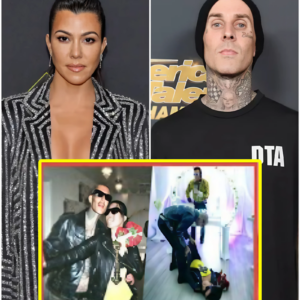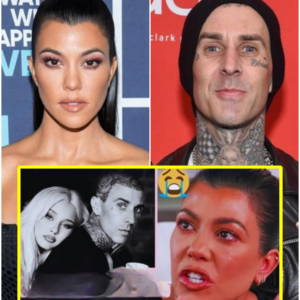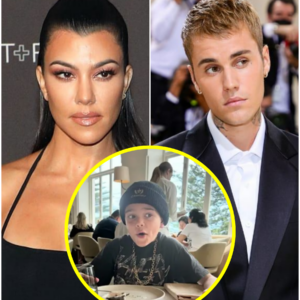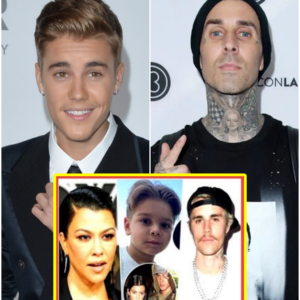In a year filled with unexpected twists, the recent shooting incident involving former President Donald Trump has left many questioning the fabric of our reality. As events unfolded, they seemed more like a scene from a bizarre movie script than real life, leading some to wonder if we are indeed living in a simulation.

The incident itself was surreal. During a public appearance, Trump was shot in the ear by a 20-year-old gunman perched on a rooftop 150 yards away. Miraculously, Trump survived the attack, and his reaction was almost cinematic. He reportedly stood up, raised his fist, and declared, “Fight, fight, fight!”—a scene that felt straight out of a dramatic film rather than real life.
Adding to the bizarre nature of the event was the photographer who captured the iconic moment. His bravery and composure, capturing the shot despite the chaos and danger, were nothing short of extraordinary. The photograph of Trump with a bandage on his ear, juxtaposed with his nonchalant golfing the next day, only deepened the sense of unreality.
The incident raised numerous questions. How did a young man manage to get onto a rooftop, unnoticed, with a rifle? Despite warnings from a bystander, security seemed alarmingly ineffective. This incompetence—or was it something more sinister?—added fuel to the fire of conspiracy theories.
One of the most striking elements was the perceived incompetence of the Secret Service agents. Their fumbling attempts to holster their weapons and their erratic behavior appeared almost staged, as if they were actors in a comedy rather than real-life protectors of the President. This portrayal of the Secret Service as bumbling and inept felt like a script designed for dramatic effect, rather than a genuine response to a serious threat.
The absurdity of the situation was further compounded by the fact that the shooter was reportedly featured in a Black Rock commercial, adding a layer of surrealism to the story. The fact that a seemingly ordinary individual could suddenly become an attempted assassin raised questions about the randomness of life and the nature of reality itself.
In the aftermath, the media narrative quickly shifted. There was a rush to dismiss alternative explanations and focus on the official story. This level of coordination in dismissing dissenting views, coupled with the failure to address glaring inconsistencies, led some to speculate about hidden motives and agendas. The coordinated efforts to suppress certain narratives and the apparent lack of transparency contributed to the sense that something was amiss.
The whole episode seemed like a plot from a dystopian novel. The involvement of various elements, including the Secret Service, the media, and the shooter himself, created a tangled web of confusion and intrigue. It made many wonder whether we are witnessing an elaborate simulation or if reality itself has become a farcical drama.
Adding to the sense of unreality, the shooting incident has sparked discussions about the nature of our existence. Elon Musk, a prominent figure in the tech world, has even suggested that the odds of us not being in a simulation are extremely low. This belief that we might be living in a simulated reality seems to resonate with the strange and almost scripted nature of recent events.
In conclusion, the Trump shooting incident has been a catalyst for questioning the nature of reality. The bizarre sequence of events, from the seemingly inept response of the Secret Service to the surreal media narrative, has led many to wonder if we are indeed living in a simulation. As the lines between reality and fiction blur, one thing is clear: the world we live in is increasingly resembling a scripted drama rather than the predictable reality we once assumed.
News
(B) Travis Barker MISSED when Kourtney Kardashian returned home drunk after Kardashians party. (VIDEO)…
Courtney Kardashian made headlines just seven weeks after giving birth when she decided to attend the annual Kardashian Jenner Christmas party sans pants. Despite recently welcoming her fourth child, Rocky, with boyfriend Travis Barker, Courtney seemed anything but tired as…
(B) Kourtney Kardashian Shocking Revelation on Why Her Relationship with Travis Barker Ended. (VIDEO)…
In the public eye, Travis Barker and Courtney Kardashian’s relationship was once perceived as an unbreakable union, filled with passion and devotion. However, recent revelations paint a vastly different picture, revealing the underlying turmoil that ultimately led to its demise….
(B) Kourtney Kardashian SECRET XTAPE With Minor Justin Bieber REVIEWED by The Feds. (VIDEO)
The recent discovery of a video purportedly featuring Courtney Kardashian and Justin Bieber has ignited a firestorm within the entertainment industry, prompting intense speculation about its potential ramifications. This revelation, coupled with reports of a raid on Diddy’s home, has…
(B) EXTREMELY SHOCKING: Kris Jenner Lied About DNA Test To Khloe Kardashian As O.J. Simpson Could Be Her Father. (VIDEO)..
In a moment etched into the memories of internet users, Chris Jenner once orchestrated a dramatic DNA test to dispel rumors surrounding Khloe Kardashian’s paternity. Speculations swirled, stemming from Jenner’s revelations in her memoir “Chris Jenner and All Things Kardashian,”…
(B) Kourtney Kardashian finally shows proof her son Reign Disick is actually Justin Bieber’s son. (VIDEO)..
Courtney Kardashian recently embarked on an exciting escapade to Australia and New Zealand with her husband, Travis Barker, for his tour. However, it was their youngest son, Rain, who stole the spotlight during their adventures. With his mischievous antics and…
(B) NEWS HOT; Travis Barker Found Evidence of Kourtney Shared Baby With Justin Bieber (video)…
The rumor mill surrounding Justin Bieber and the Kardashian family has been churning for quite some time, igniting speculation about his connections with various members. While the details are murky and often sensationalized, let’s delve into the complexities of these…
End of content
No more pages to load











